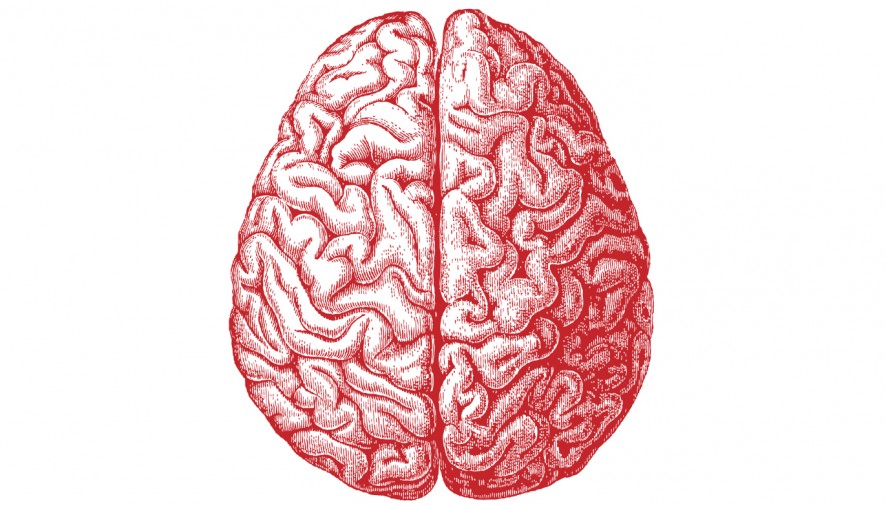Have you ever known something without having a clue why? Well, memories, experiences and knowledge that we have never experienced or learnt ourselves can be inherited from our ancestors. This occurs through genetic or ancestral memory; memory which is passed down from preceding generations by DNA and has been linked to the phenomenon of instinct. Discussions on genetic memory extend to the fields of psychology and the natural sciences, and as such, it is of no surprise that we are able to find lots of information about it on the internet. However, genetic memory is not to be confused with déjà vu – which is instead, a psychological sensation giving you the feeling of having been somewhere before when in fact you haven’t.
One relevant example of genetic memory is the savant syndrome. Savants are highly talented people that show significantly above average ability in either arts, music, calendar calculation or photographic memory. Although ‘acquired’ savants exist, most are born with the ability to perform extraordinarily in these areas and very often lie on the autism spectrum. Those who acquire the abilities usually do so from experiences of severe head trauma or damage to their central nervous system. It can even happen to the elderly who suffer from dementia. A specific type of dementia, frontotemporal dementia, affects the region in the brain responsible for artistic ability. As the illness progresses there is a decrease in inhibition in that region, causing the hidden artistic talent to surface unexpectedly. Out of the blue it appears that they now know things they’ve never learnt. How can this be?
It has been suggested that the concept of genetic – or ancestral – memory could explain the savant phenomenon. If savants haven’t learnt their abilities, then there must be an innate component that is responsible for providing the knowledge. Some researchers go as far as to suggest that every one of us is a genius – just waiting to be unleashed.
However, there are several problems with this theory. If genetic memory is responsible for the transmission of knowledge from previous generations, how likely is it that they were able to make use of the entire range of artistic, photographical or musical ability? Perhaps the ability to perform exceptionally in one of these areas accumulated over generations, until it reached its peak and was transmitted to savants? This theory has the potential to explain why there are so few people born as savants. This though, doesn’t explain how it is possible that some people become savants after head trauma – with the question remaining as to what extent savant-like abilities are inherited. Maybe everyone is born with the creative abilities of a savant but that the body has a way of inhibiting them?
Genetic memory is also used to explain the genetic link between family members suffering from phobias, anxiety, fear or other similar health problems. This means that ancestral experiences which have accumulated over several lifetimes have made it into the genome. As a result, the following generations inherit the emotional reactions previously experienced by ancestors; for example, descendants react to an external stimuli, like spiders, in the same way as their ancestors. It is possible that the inheritance of fears can act as a defence mechanism or as a warning sign to dangerous situations. Inheritance of fearful experiences could also cause the fight and flight reaction – a response that occurs during a dangerous situation, in which survival is under threat. Today we still experience these feelings, even if we are not in any actual physical danger. It’s interesting to ponder what impact an anxiety sufferer who overcomes their fears will have on their children. Is it possible to override a previous fear with a newly learnt non-anxiety response?
An experiment on mice showed that fears can be inherited by offspring. Researchers at the Emory University School of Medicine trained mice to fear the smell of cherry blossoms by administering electric shocks. Afterwards, the mice produced offspring that presented the same fear to the smell of cherry blossoms without encountering the smell beforehand. The researchers also found that, when compared to other mice, structural changes had occurred in the region of the parents’ and offspring’s brain responsible for processing odours.
Genetic memory could also be a plausible explanation to other phenomena that may be of interest to the average person, but have not yet been explored by scientists. Some people are convinced that they have lived on this earth before – recalling specific facts about the period of time they believed they lived in. If we consider the concept of genetic memory, it is possible that the recalled experiences of a past life are in fact those of an ancestor – although ascertaining the legitimacy of these claims is of course difficult.
Whatever your opinion, genetic or ancestral memory has a level of scientific evidence in support of it. It has the potential to shed light on life’s mysteries; how fears can run in families and how individuals are able to demonstrate a high perfection for skills that they haven’t been trained for. Genetic memory seems to be encoded in the genome, however it will require further research to identify correlations between DNA and the inheritance of knowledge and experiences.
Image courtesy of Allan Ajifo, image hosted on Wikipedia.

